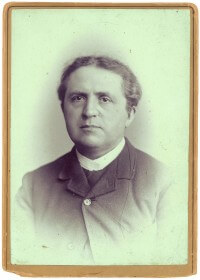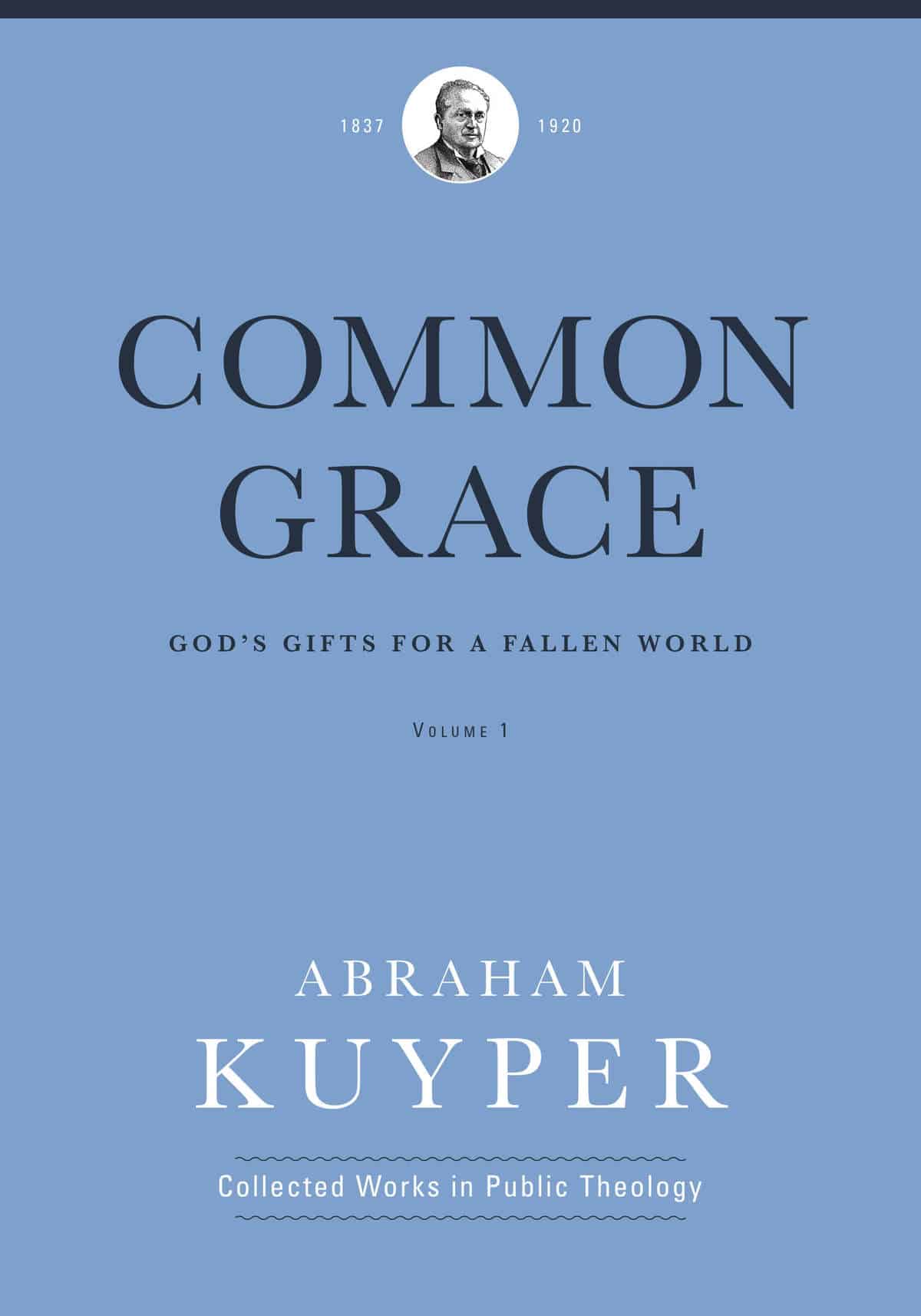Calvinists believe in total depravity: no one is untouched by the effects of sin and we all have mixed motives in what we do. How then would one account for the goodness, the beauty, the mercies, and the glories we see in this depraved world?
Common Grace is the concept that, despite the sinfulness and depravity of the world, God has blessed all of creation and everyone—whether or not they are numbered among the believers. Flowing from God’s mercy and good purposes for the world, Common Grace mitigates the effects of sin and offers to the world evidence of God’s goodness.
 Abraham Kuyper divides Common Grace into three types: Universal Common Grace (all creation), General Common Grace (all humanity), and Covenant Common Grace (those who live under the covenant, even if they are not elect). Each of these interact with Special (salvific) Grace to accomplish God’s redemptive will.
Abraham Kuyper divides Common Grace into three types: Universal Common Grace (all creation), General Common Grace (all humanity), and Covenant Common Grace (those who live under the covenant, even if they are not elect). Each of these interact with Special (salvific) Grace to accomplish God’s redemptive will.
Kuyper was deeply concerned with culture and how the church ought to work in and through it. He believed in Christ’s lordship over all things. While he championed the idea of sphere sovereignty: the concept that the various spheres (family, church, state, etc.) have duties and responsibilities over their respective domains and should not encroach on the competencies of the other spheres, he also preached that Christ’s rule extended over all these.
Kuyper believed that secularism had established itself in culture because it had command of government institutions, the arts, science and the terms public discourse. In order for Christians to have a place alongside the secularists they must excel in these areas as well. Good things can and do come from these institutions and individuals, and these good things we can rightly see as God’s own through his provision of Common Grace.
How does this play out in our lives today? How do we navigate the complex relationship between the sacred and secular in an increasingly post-Christian West? How should the church think about the goodness, kindness, and charity we see outside of the Christian world?
The answers are very complex and Kuyper wrestled with them for his entire life. No aspect of life is untouched: the mission of the church, the function of the state, the nature of art, music and architecture, education, science, and beyond.
Even though he lived and died almost 100 years ago, these questions remain relevant today, and Kuyper’s voice can be instrumental in helping us formulate our own answers. Fuller Theological Seminary professor Richard J. Mouw praises Kuyper’s Common Grace:
Abraham Kuyper’s Common Grace is founded on a deep devotion to the notions of God’s sovereignty and our obligation to participate in the divine call to be obedient to the lordship of Jesus Christ in all areas of life. The release of this multi-volume series is timely because many Christians these days—Wesleyans, Baptists, Lutherans, Catholics, Mennonites, and others beyond the boundaries of Reformed/Presbyterian life and thought—are looking for resources for equipping Christians to find alternatives to the various ‘world-flight’ spiritualities that have long afflicted the broader Christian community. This work gives us a much-needed opportunity to absorb Kuyper’s insights about God’s marvelous designs for human cultural life.
Kuyper’s key work on these themes, the three-volume Common Grace, is available in English for the first time as part of the Abraham Kuyper Collected Works in Public Theology.
Get Kuyper’s Common Grace now!





